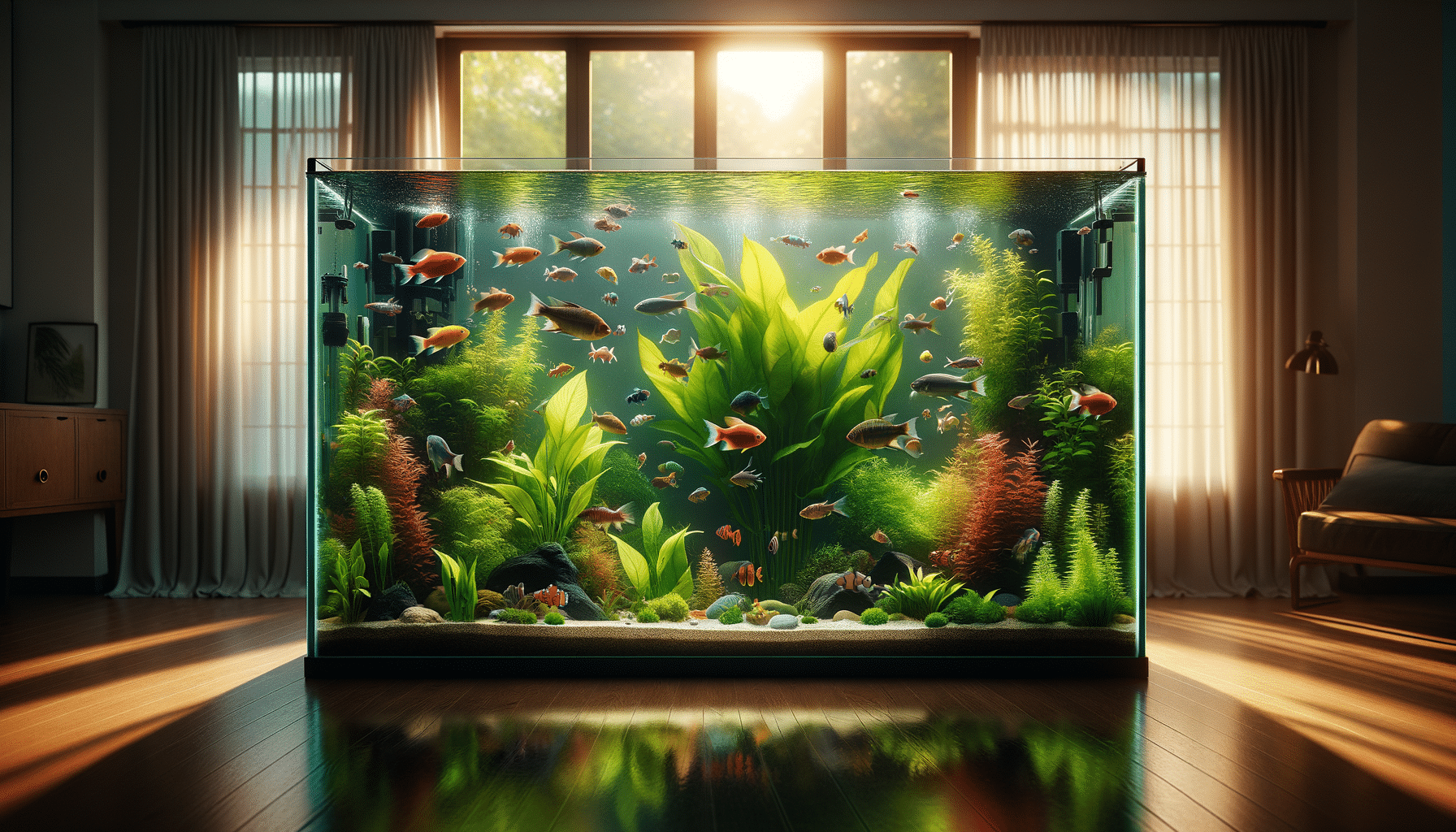
Aquarium Maintenance: Ensuring a Healthy Habitat for Your Aquatic Friends
Introduction to Aquarium Maintenance
Aquarium maintenance is not just about keeping your fish alive; it’s about creating a thriving ecosystem that mirrors their natural habitat. Proper maintenance ensures that your aquatic friends live in a healthy, balanced environment that promotes their well-being and longevity. Whether you are a beginner or a seasoned aquarist, understanding the fundamentals of aquarium upkeep is crucial. From water quality management to equipment maintenance, each aspect plays a significant role in the overall health of your tank.
In this article, we will delve into various aspects of aquarium maintenance, providing you with in-depth insights and practical tips to help you maintain a beautiful and healthy aquarium.
Understanding Water Quality
Water quality is the cornerstone of a healthy aquarium. Fish and other aquatic organisms are highly sensitive to changes in their environment, and poor water quality can lead to stress, disease, and even death. Key parameters to monitor include temperature, pH, ammonia, nitrite, and nitrate levels.
Regular testing is essential to ensure that these levels remain within the acceptable range. For example, most freshwater fish thrive in a pH range of 6.5 to 7.5, while ammonia and nitrite levels should be kept at zero. Nitrate levels, on the other hand, can be tolerated at low concentrations but should not exceed 40 ppm.
- Use a reliable water testing kit to monitor these parameters weekly.
- Conduct partial water changes regularly to remove toxins and replenish essential minerals.
- Consider investing in a good quality filter to help maintain water clarity and quality.
Equipment Maintenance and Care
Proper maintenance of aquarium equipment is vital for the smooth operation of your tank. This includes filters, heaters, lights, and air pumps. Each piece of equipment plays a specific role in creating a stable environment for your aquatic life.
Filters, for example, help remove debris and waste, while heaters maintain a consistent temperature. It’s crucial to clean and inspect these devices regularly to ensure they are functioning correctly.
- Clean filters monthly to prevent clogging and maintain efficiency.
- Check heaters for any signs of wear or malfunction and replace them as needed.
- Ensure that lighting systems are providing adequate illumination without overheating the tank.
By keeping your equipment in top condition, you can prevent potential issues that could harm your aquatic inhabitants.
Feeding and Nutrition
Feeding your fish the right diet is essential for their health and vitality. Overfeeding is a common mistake that can lead to water quality issues and health problems for your fish. It’s important to provide a balanced diet that meets the nutritional needs of your specific species.
Consider the following tips for effective feeding:
- Research the dietary requirements of your fish species to provide appropriate food.
- Feed small amounts that your fish can consume within a few minutes to avoid excess waste.
- Incorporate a variety of foods, such as pellets, flakes, and live or frozen foods, to provide a balanced diet.
By managing feeding practices carefully, you can ensure that your fish receive the nutrients they need without compromising water quality.
Regular Observation and Tank Cleaning
Regular observation of your aquarium is crucial for early detection of potential problems. Watch for signs of stress or disease in your fish, such as changes in behavior, appearance, or appetite. Early intervention can prevent issues from escalating.
In addition, routine tank cleaning is essential to maintain a healthy environment. This includes removing algae, vacuuming the substrate, and cleaning decorations.
- Perform weekly partial water changes to remove waste and toxins.
- Clean the glass and decorations to prevent algae buildup.
- Inspect fish regularly for signs of stress or illness.
By staying vigilant and proactive, you can ensure that your aquarium remains a thriving and beautiful habitat for your aquatic life.
Conclusion: A Commitment to Aquatic Health
Maintaining an aquarium is both an art and a science. It requires dedication, knowledge, and a keen eye for detail. By understanding the key aspects of aquarium maintenance, you can create a healthy and vibrant environment for your aquatic friends. Remember, a well-maintained aquarium not only enhances the beauty of your home but also provides a safe and nurturing habitat for your fish.
With regular care and attention, your aquarium can become a miniature ecosystem that brings joy and tranquility to your life.


